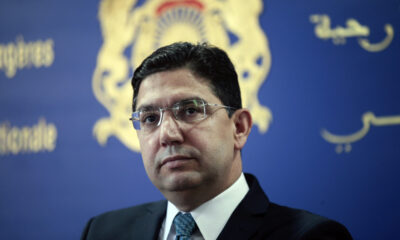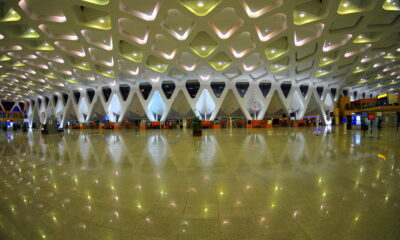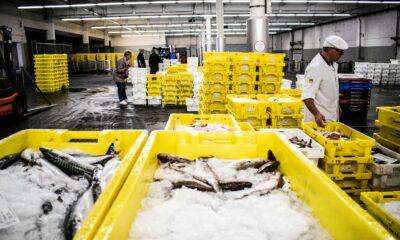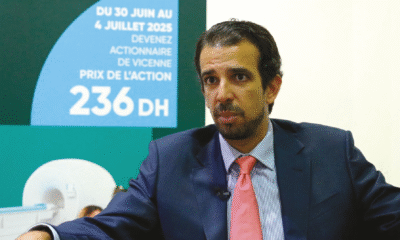Kingdom
Energy Transition: Morocco Reaches a New Milestone
Held at the Noor Ouarzazate complex, the 16th Energy Conference assessed Morocco’s profound energy transformation, launched over 15 years ago. Today, the Kingdom is approaching a new inflection point, with a focus on scaling up low-carbon solutions and strengthening synergies between water and energy policies.
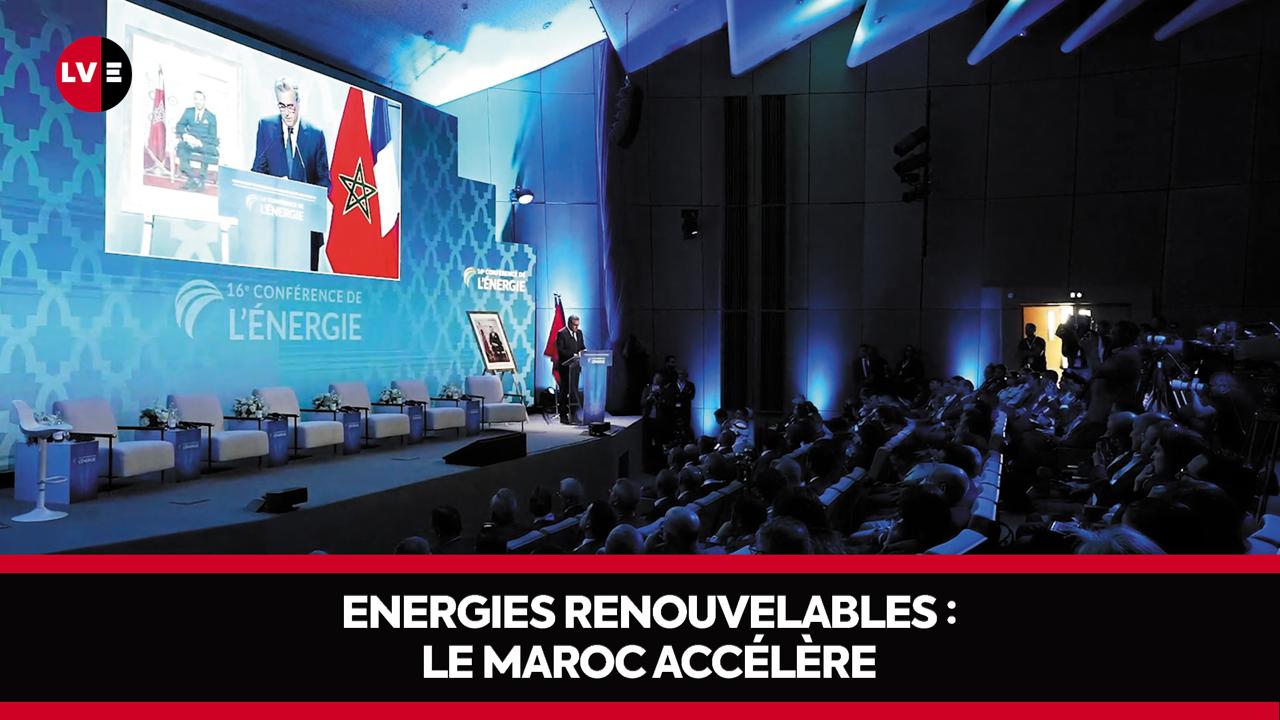
Held at the Noor Ouarzazate complex, the 16th Energy Conference—organized by the Energy Federation in partnership with MASEN and IRESEN under the theme “Energy: A Strategic Pillar for Water Security and Sustainable Development”—brought together public and private stakeholders from the renewable energy and desalination sectors. The event took place at the symbolic Noor Ouarzazate site, where the Noor Solar Complex, a cornerstone of Morocco’s “silent revolution” launched 15 years ago under the leadership of His Majesty the King, was inaugurated in 2016. As noted by Rachid Idrissi Kaitouni, President of the Energy Federation and host of the conference, the 580 MW solar complex, now fully operational across its four plants (as confirmed during a visit by the Head of Government), marked a pivotal shift in Morocco’s energy trajectory, bolstering the Kingdom’s energy sovereignty while enhancing its economic and social competitiveness.
In his opening address, Aziz Akhannouch highlighted that “since the beginning of His Majesty King Mohammed VI’s reign, Morocco has undertaken a profound, gradual, and sustainable energy transformation.” The country is set to achieve its target of 52% installed renewable energy capacity by 2027—well ahead of the original 2030 deadline. To realize this vision, Morocco has invested in solar, wind, hydroelectricity, and more recently green hydrogen, alongside establishing robust institutions and strengthening governance frameworks. The Head of Government emphasized the need to “go even further” by integrating renewables into production, transportation, housing, and agricultural systems, and by scaling up low-carbon solutions across cities, industries, and rural areas.
Leila Benali, Minister of Energy Transition and Sustainable Development, underscored Morocco’s 15 years of renewable energy project experience—with its unique technical challenges—and over 30 years of private-sector attractiveness in the energy field. “Morocco aims to advance renewable energy development and tackle the challenges of the energy transition,” she affirmed. Significant investments will support this ambition, including a newly approved 2030 investment budget of 220 billion dirhams by the National Office for Electricity and Drinking Water (ONEE), which aims to quintuple spending on power grids and triple energy project investments, notably in renewables.
The conference discussions also examined the close link between energy and water desalination, as Morocco faces a historic drought. Synergy between water and energy policies has become imperative. Powering desalination plants with renewable energy achieves two major goals: reducing the carbon footprint of desalination units and lowering the cost per cubic meter (m³) of desalinated water, as exemplified by the ongoing Dakhla desalination project and the future Casablanca plant.

